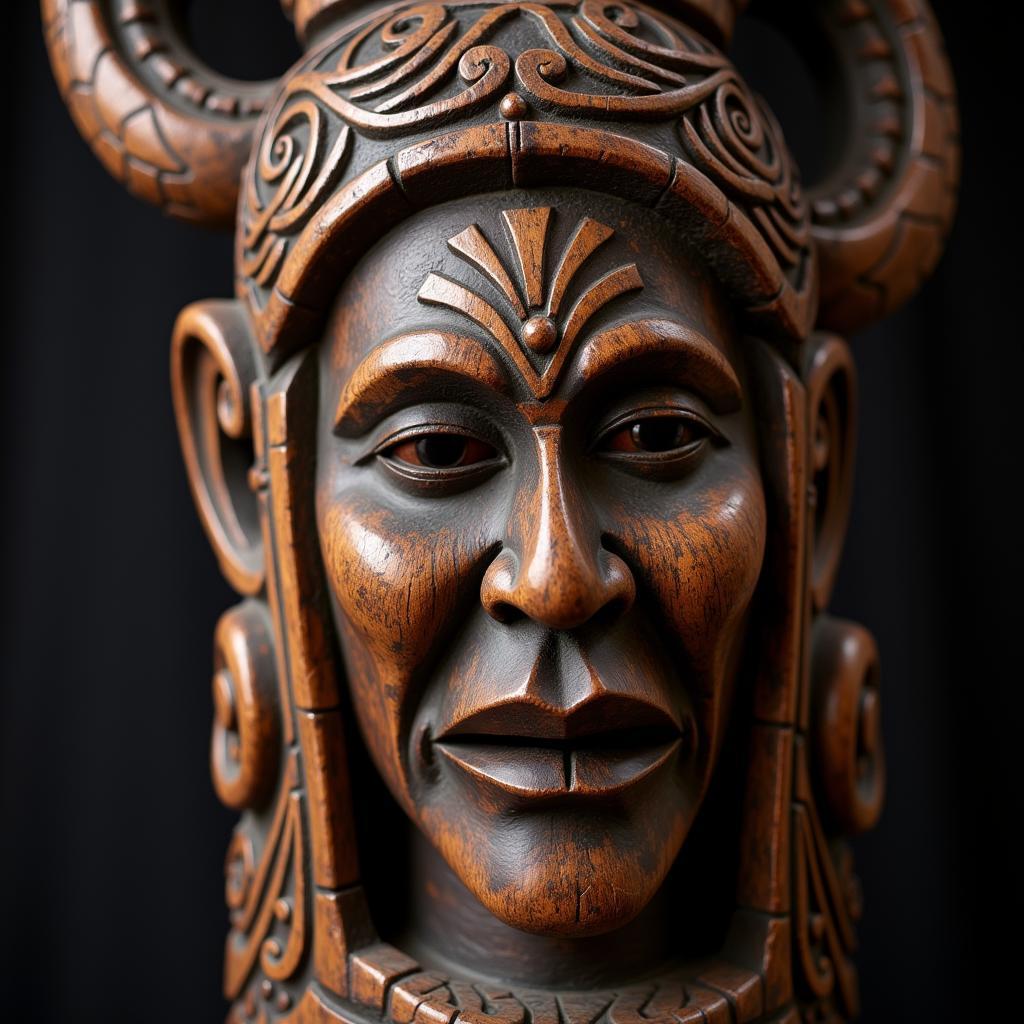The Complex Legacy of the American Colonization Society
The American Colonization Society (ACS), founded in 1816, played a significant role in shaping perceptions and realities surrounding African colonization in the 19th century. Driven by a complex mix of motivations, the organization advocated for the emigration of free Black Americans to Africa, ultimately leading to the establishment of Liberia.
The ACS was born during a time of heightened social and political tension in the United States. Slavery remained a deeply divisive issue, and the growing free Black population faced widespread discrimination and limited opportunities. For some white members, the ACS represented a means to gradually abolish slavery by providing slaveholders with an alternative to emancipation within the U.S. They believed that sending free Black people to Africa would address both the moral dilemma of slavery and the perceived threat to white society.
However, many African Americans, both free and enslaved, viewed the ACS with suspicion and outright opposition. They saw it as a ploy to further marginalize and disenfranchise Black people in America, denying them the rights and opportunities they rightfully deserved. Figures like Frederick Douglass, a prominent abolitionist and former slave, argued vehemently against the ACS, asserting that true equality could only be achieved through the dismantling of slavery and the integration of Black people into American society.
The ACS’s most enduring legacy is undoubtedly the founding of Liberia in 1822. The organization purchased land on the West African coast, establishing a colony intended as a haven for free Black Americans. Thousands embarked on the perilous journey across the Atlantic, seeking refuge from a nation that denied them basic human rights.
However, the reality of Liberia fell short of the idealized vision presented by the ACS. The settlers, many of whom had never been to Africa, faced numerous challenges, including unfamiliar terrain, tropical diseases, and conflicts with indigenous populations. Moreover, the social hierarchy that emerged in Liberia mirrored the very structures of inequality they had sought to escape in America, with the descendants of American settlers holding significant political and economic power.
The American Colonization Society’s legacy is a complex and contested one. While its intentions remain a subject of debate, its actions had a profound impact on the lives of thousands of African Americans and the creation of a nation. Today, Liberia stands as a testament to the enduring legacy of the ACS, a legacy intertwined with both the hope for freedom and the enduring struggle for equality.



